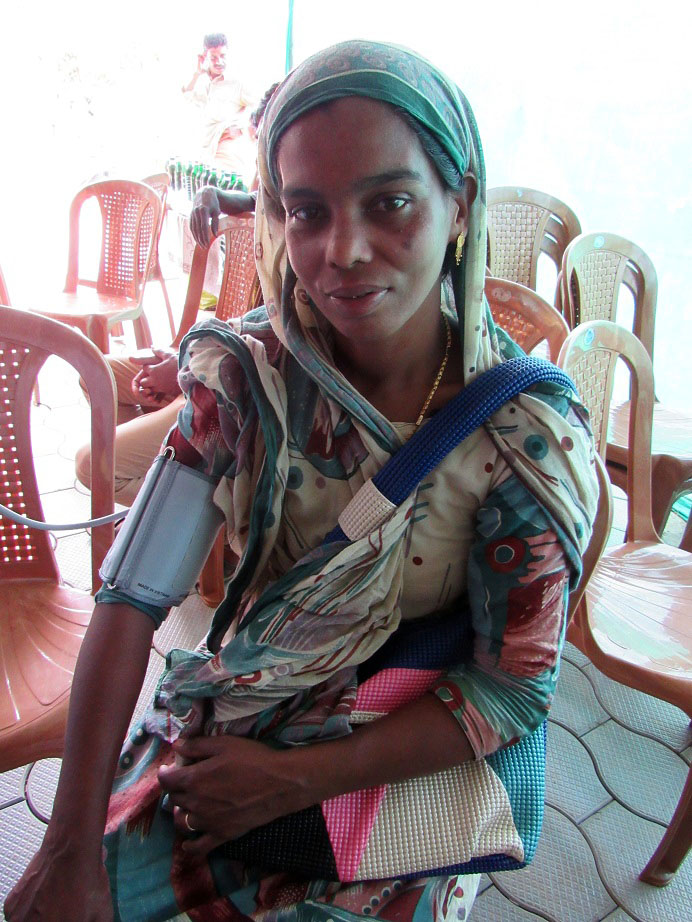Health is defined by the WHO as, “a complete state of physical, social, mental and emotional well-being.” Being healthy is many aspects in one. But many think of one aspect over the other. For many women around the world, health, especially their overall well-being is overlooked, and even more so among women in rural areas in developing countries. Women are especially marginalized in societies where there is little that can be offered to them, with little or no regard for their well- being. As women often fall into a mold of what they can and cannot do, those who may want to branch out and try something new or apply themselves in a new way may not always be taken seriously or encouraged to take their circumstances into their own hands.
mental and emotional well-being.” Being healthy is many aspects in one. But many think of one aspect over the other. For many women around the world, health, especially their overall well-being is overlooked, and even more so among women in rural areas in developing countries. Women are especially marginalized in societies where there is little that can be offered to them, with little or no regard for their well- being. As women often fall into a mold of what they can and cannot do, those who may want to branch out and try something new or apply themselves in a new way may not always be taken seriously or encouraged to take their circumstances into their own hands.
“A process by which the powerless get greater control over circumstances in terms of both ideology and resources.” Women are a powerhouse when it comes to her own family. When they are in control of their life circumstances, they are not only able to take care of themselves but their whole family. A women’s power extends beyond her own self. When a woman is empowered, so is her family and her community. The skills she learns will translate into a job, her livelihood and eventually a means to carve out an identity in society, an identity that is her own. However, when it comes to women, her journey is often not as clear cut, as culture often determined the role of women, specifically how much control they can have over their own lives.
The statement, “improved health outcomes for women can help to strengthen their own agency and empowerment,” holds a lot of truth as the health of everyone in a family often rests on the woman’s shoulders. Women are often in an extremely disadvantaged position when it comes to their own lives due to the barriers imposed on them by both their families, the culture and the society. But women are innately strong when it comes to their families. They will go above and beyond to protect and empower their children, no matter what it takes. And for this reason, many women seek to change their circumstances. Profugo as an organization caters to this need.
Profugo provides the women of Prashanthagiri a perfect means to change their circumstances. Women in a place like Prashanthagiri are often stuck in life situations they are born or married into. Profugo enables women to come out of a cycle that many of them could be stuck in. Women, through learning skills such as tailoring and running a business, can use the income to provide for their families. It is also through this that they can provide for their families in other ways that increase both their own and their families, especially their children’s, likelihood of surviving preventative illnesses. When a woman can take the responsibility of her family on her shoulders, she is likely to fight all odds to achieve that.
References:
Constitution of WHO: Principles, 2017. Retried on July 5, 2017 from http://www.who.int/about/mission/en/
Sen, G., Presser, H. B. ,1995. Women’s empowerment and demographic processes: Moving beyond Cairo. Oxford, Oxford University Press.

Leave a Reply
You must be logged in to post a comment.